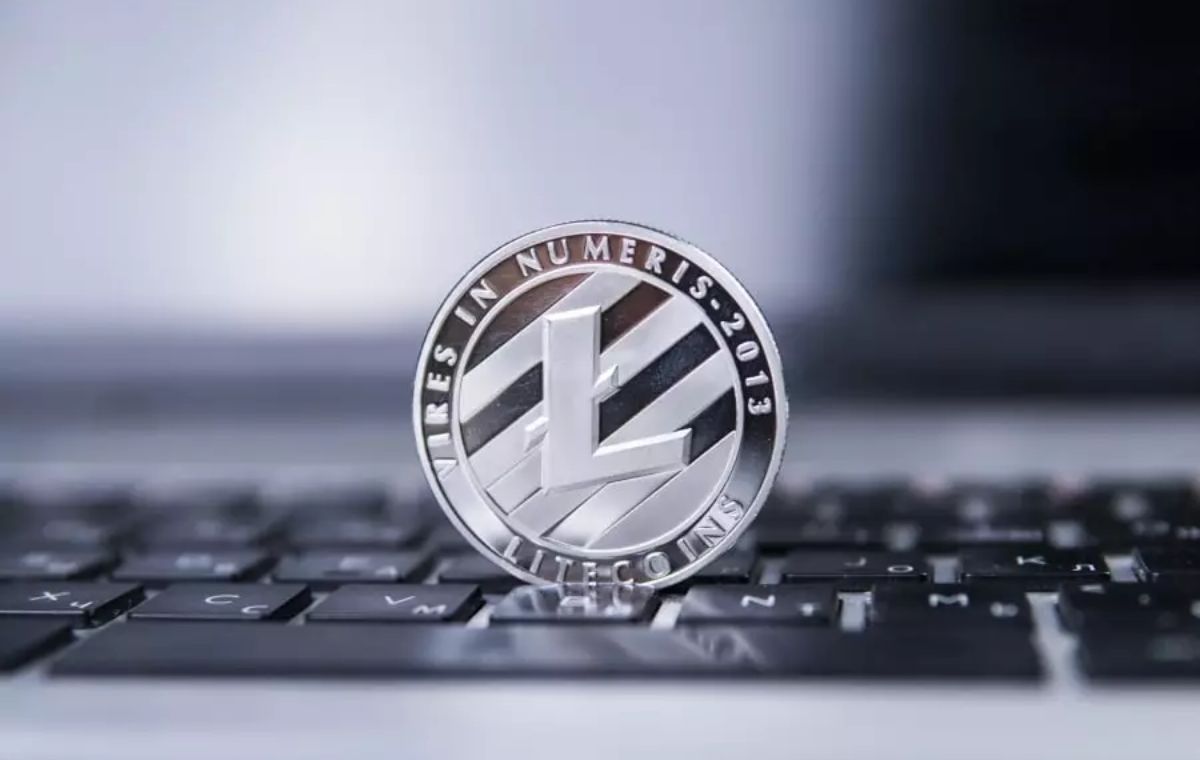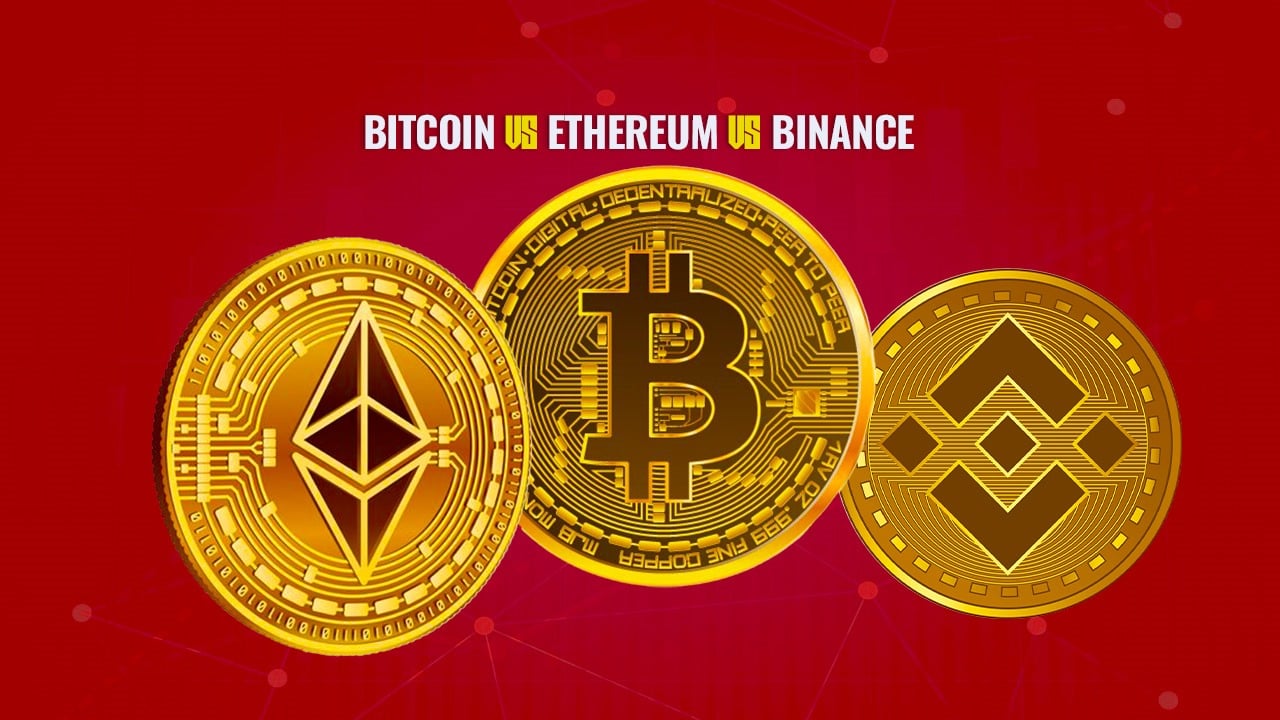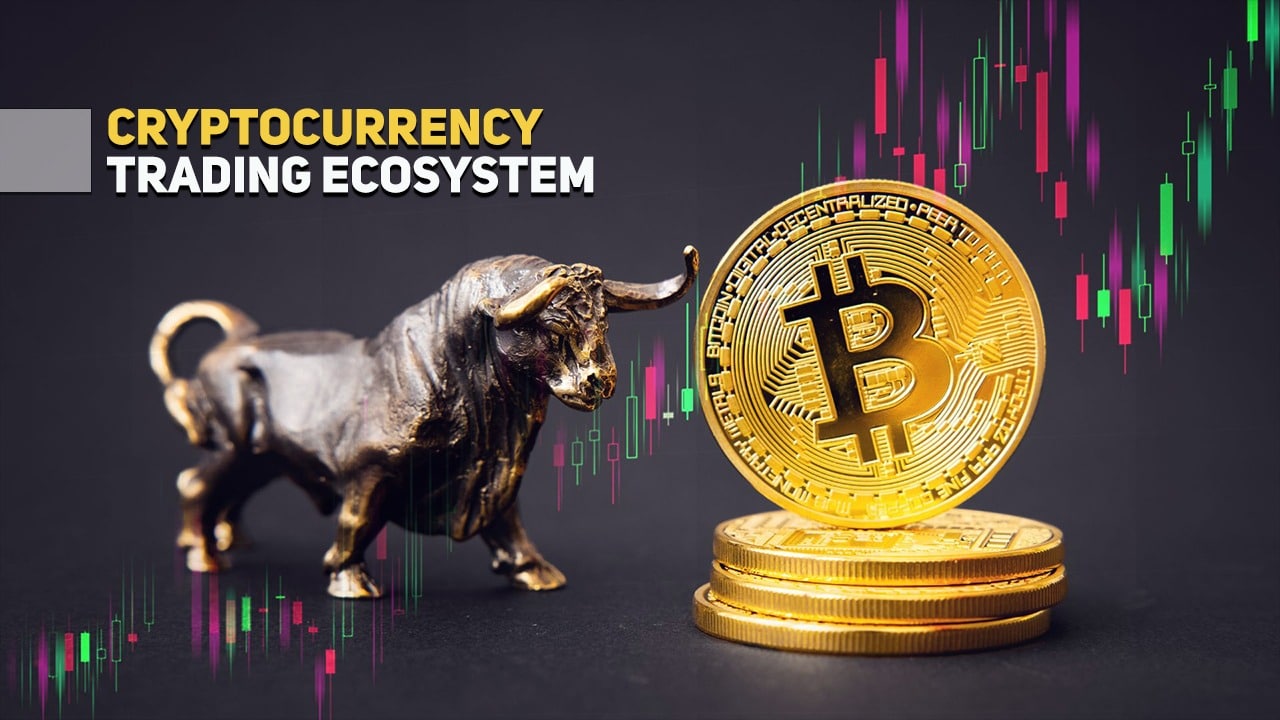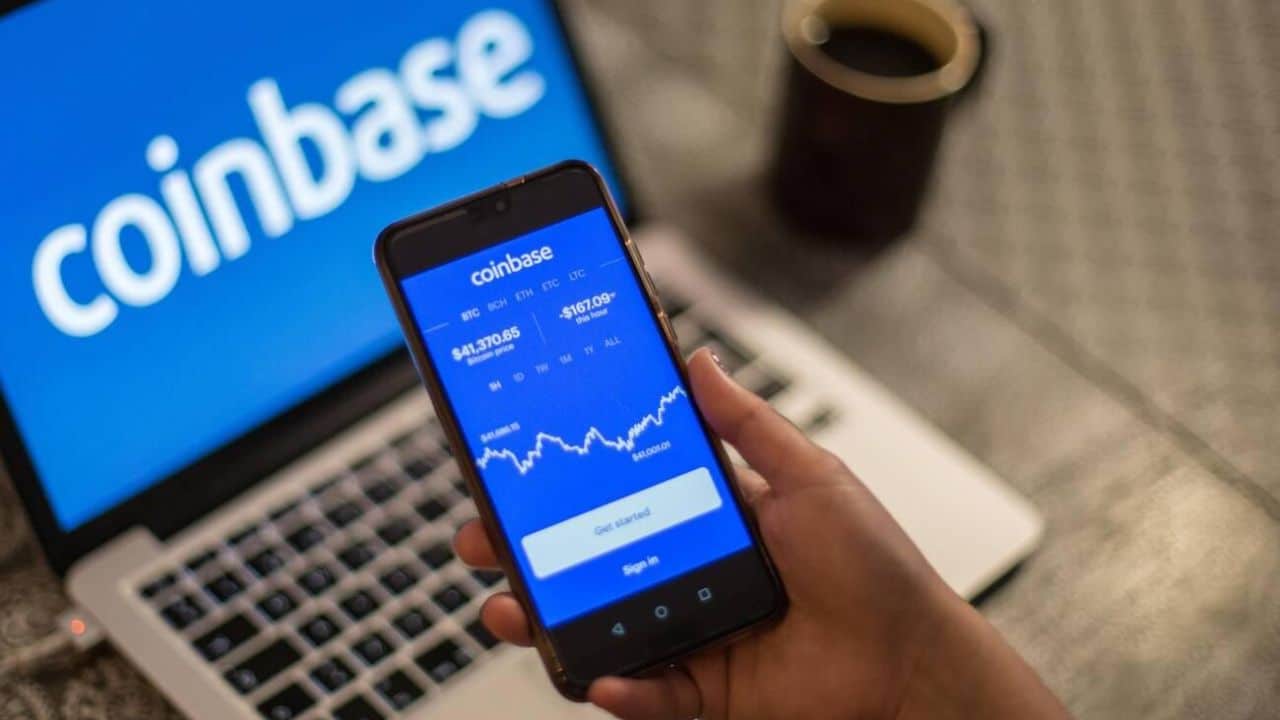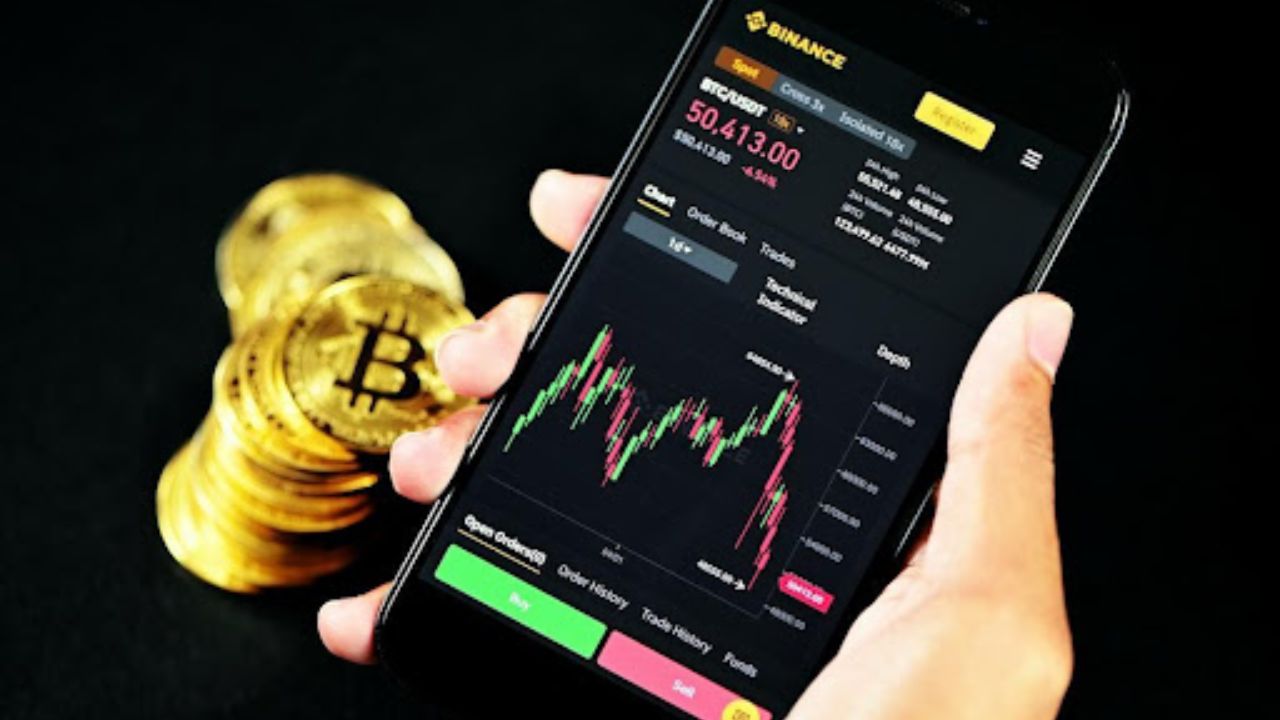The future of Litecoin as a cryptocurrency is dependent on a few variables. A benefit of Litecoin is that it may be found on multiple significant exchanges. However, there isn’t much coverage of Litecoin in the media, and a cryptocurrency’s prominence has a big impact on its potential to appreciate in value over time. Other digital currencies could be preferable if you want to possess cryptocurrencies from the https://bit-indexprime.com as a store of wealth.
Additionally, governments are currently debating how to govern cryptocurrencies, and new rules may result in significant price changes for all cryptocurrencies, including Litecoins. Litecoin might not be the ideal option for investors because it offers nothing in the form of a competitive edge. Other digital currencies could be preferable if you want to possess cryptocurrencies as a store of wealth.
Blockchain technology is used by Litecoin to process and store transactions, and batches of transactions are constantly adding new blocks of data to the Litecoin chain. In order to gain the ability to validate transactions and add new blocks to the network, Litecoin miners employ massive amounts of processing power to solve challenging mathematical puzzles. The currency used to pay Litecoin miners is Litecoin.
With some retailers, Litecoin may be exchanged for cash and utilized for buying and selling. Most Litecoin users buy or sell the currency using one of these crypto websites or applications:
- Litecoin was first made available on Coinbase, a publicly listed cryptocurrency exchange, in 2017.
- Gemini: A cryptocurrency marketplace that began selling Litecoin in 2018.
- In 2020, the global payments platform PayPal Holdings started letting customers purchase and trade cryptocurrencies, including Litecoin.
What Is Litecoin? Get To Know The Basics of This Cryptocurrency
Litecoin is an alternative cryptocurrency to bitcoin (BTC) and like bitcoin, it’s also open-source and decentralised. But what exactly is Litecoin? There are quite a few differences between the two digital currencies, which we’ll go over in this article. As of April 2018, Litecoin has a market cap of $6 billion and some of the biggest names in business have invested in it such as Richard Branson, Virgin Galactic, etc.
Decentralized digital currencies, such as Litecoin, operate independently of centralized financial institutions. Blockchain technology is used by Litecoin to process and store transactions, and batches of transactions are constantly adding new blocks of data to the Litecoin network.
If you are planning to invest in Litecoins, many questions must be coming popping into your mind. Among such unavoidable questions, one fine example is “Are there any risks associated with Litecoin investment?” If that type of thought is bothering you, read on to know more.
-
Litecoin Investment Risks
Few organizations accept Litecoin and any crypto, which reduces the usefulness of Litecoin as conventional cash. Owning Litecoin poses a risk to investors since it can eventually lose all of its value. All cryptocurrency has the danger of losing all of their value, but Litecoin doesn’t presently have any obvious applications.
Many cryptocurrencies have subsequently surfaced that are either quicker or more affordable to process than Litecoin, despite the fact that it was first offered in 2011 as a competitor to Bitcoin with quicker and lower transaction fees.
- Both Litecoin and Bitcoin have limited coin quantities, with Litecoin’s maximum supply being four times larger.
- Transactions for Litecoin likewise complete in around a fraction of the time it takes for transactions for Bitcoin.
Due to the difference in transaction speeds, Litecoin reduces its miner incentives by half every 840,000 blocks, whereas Bitcoin reduces its rewards every 210,000 blocks. To preserve the comparative scarcity of these coins and sustain their value, rewards are half.
The introduction of various functionalities that were also suggested and later implemented on the Btc network has supported the cryptocurrency’s first efforts. These upgrades frequently aim to increase the network’s capacity so that it can handle more operations per second without compromising decentralization and transaction privacy.
Final Words
One of the first prominent alternative cryptocurrencies, Litecoin, later came under fire for having a murky value proposition. It has drawn users since it has a limited quantity and has been positioned as the “silver to Bitcoin’s gold.” Litecoin might not be the ideal option for investors because it offers nothing in the form of a competitive edge.

